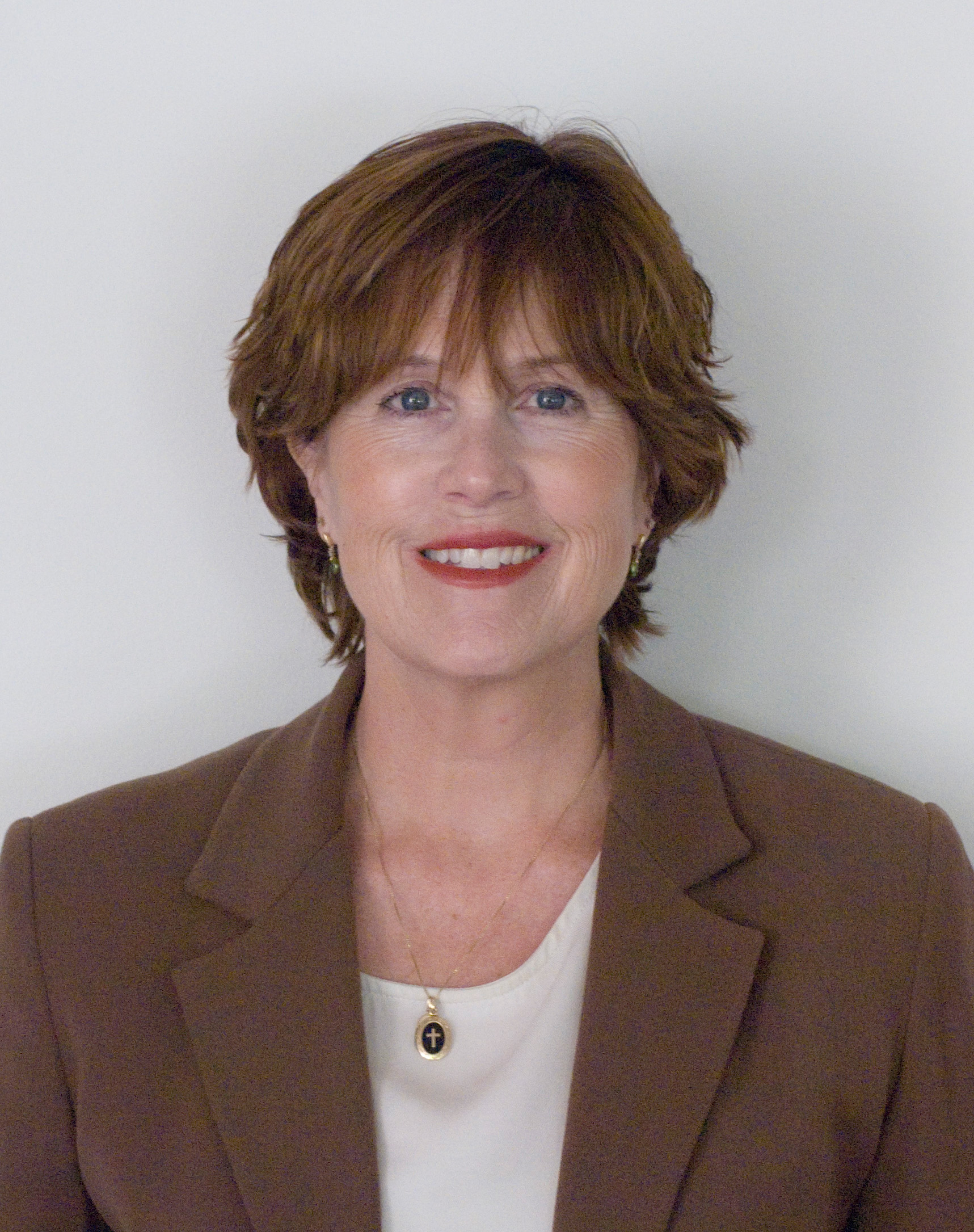
Deborah Savage
Professor of Philosophy and Theology, St. Paul Seminary School of Divinity, University of St. Thomas, St. Paul Minnesota
Deborah Savage is a member of the faculty at the St. Paul Seminary School of Divinity at the University of St. Thomas in St. Paul, Minnesota where she teaches philosophy and theology and also serves as the Director of the Masters in Pastoral Ministry Program. She received her Doctorate in Religious Studies from Marquette University in 2005; her degree is in both theology and philosophy. Dr. Savage’s dissertation was entitled “The Subjective Dimension of Human Work: The Conversion of the Acting Person in the Thought of Karol Wojtyla and Bernard Lonergan.” The manuscript was published by Peter Lang in 2007.
Dr. Savage is a student of St. Thomas Aquinas with a particular interest in investigating his thought in light of contemporary questions. Her primary research interests are in philosophical and theological anthropology, especially as a foundation for grasping the personhood of men and women, for grounding the meaning of human action, and the metaphysics of creation. Her research has included the work of Bernard Lonergan, in particular his theory of conversion, his metaphysics, and his economic theory. Dr. Savage is a recognized scholar of the work of Karol Wojtyla/John Paul II and has written and presented or published several papers on how his philosophical anthropology informs his body of work as Pope, his understanding of human work, the complementarity of man and woman, and of the dignity and vocation of women.
Dr. Savage is the co-founder and director of the Siena Symposium for Women, Family, and Culture, an interdisciplinary think tank at UST, organized to respond to John Paul II’s call for a new and explicitly Christian feminism. Her more recent publications include an article in Philosophical Annals at the John Paul II Catholic University of Lublin, entitled “The Centrality of Lived Experience in Wojtyla’s Account of the Person,” an essay in the recently released John Paul II Speaks on Women, (Catholic University Press), and a paper in the Lonergan Review called “Woman as Knower.” Her paper “The Nature of Woman in Relation to Man: Genesis 1 and 2 Through the Lens of the Metaphysical Anthropology of St. Thomas Aquinas” was published in Logos (Logos, A Journal of Catholic Thought and Culture, Winter, 2015). Also in 2015, the theory she has developed concerning the “masculine genius” will be published as “The Genius of Man” in a collection of essays entitled: Thinking with Pope Francis: Catholic Women Reflect on Complementarity, Feminism, and the Church, (OSV Publications, February 2015). She also published a paper in Living the Truth in Love: Pastoral Approaches to Same Sex Attraction (Ignatius Press, 2015) on the pastoral and therapeutic implications of Pope St. John Paul II’s account of the person. She is currently at work on a book entitled “Woman and Man” for formal consideration by Catholic University of America Press.
Before her decision to pursue a doctorate, Deborah worked for over 25 years in the business sector, holding a variety of positions primarily in manufacturing organizations. During the ten years prior to the start of her doctoral work, Deborah owned her own consulting firm, The Triad Group, which provided consulting and training services in the areas of quality and process management and improvement, cross-functional management and strategic planning. She has taught in the Executive MBA program at the University of St. Thomas, as well as numerous public seminars. She has been studying the relationship between faith and work for over thirty years and has also given talks and seminars and delivered papers internationally on the relationship between the Christian faith and human work.
List of topics/areas of interest or expertise: Complementarity of Woman and Man; the Masculine and Feminine “Genius”; The Theology of the Body; Sex and Gender; St. John Paul II’s Anthropology and its implications for contemporary issues; Catholic Social Thought and Economics (within that framework); the Theological Meaning of Work; Woman’s Work, Man’s Work; Philosophy and Culture